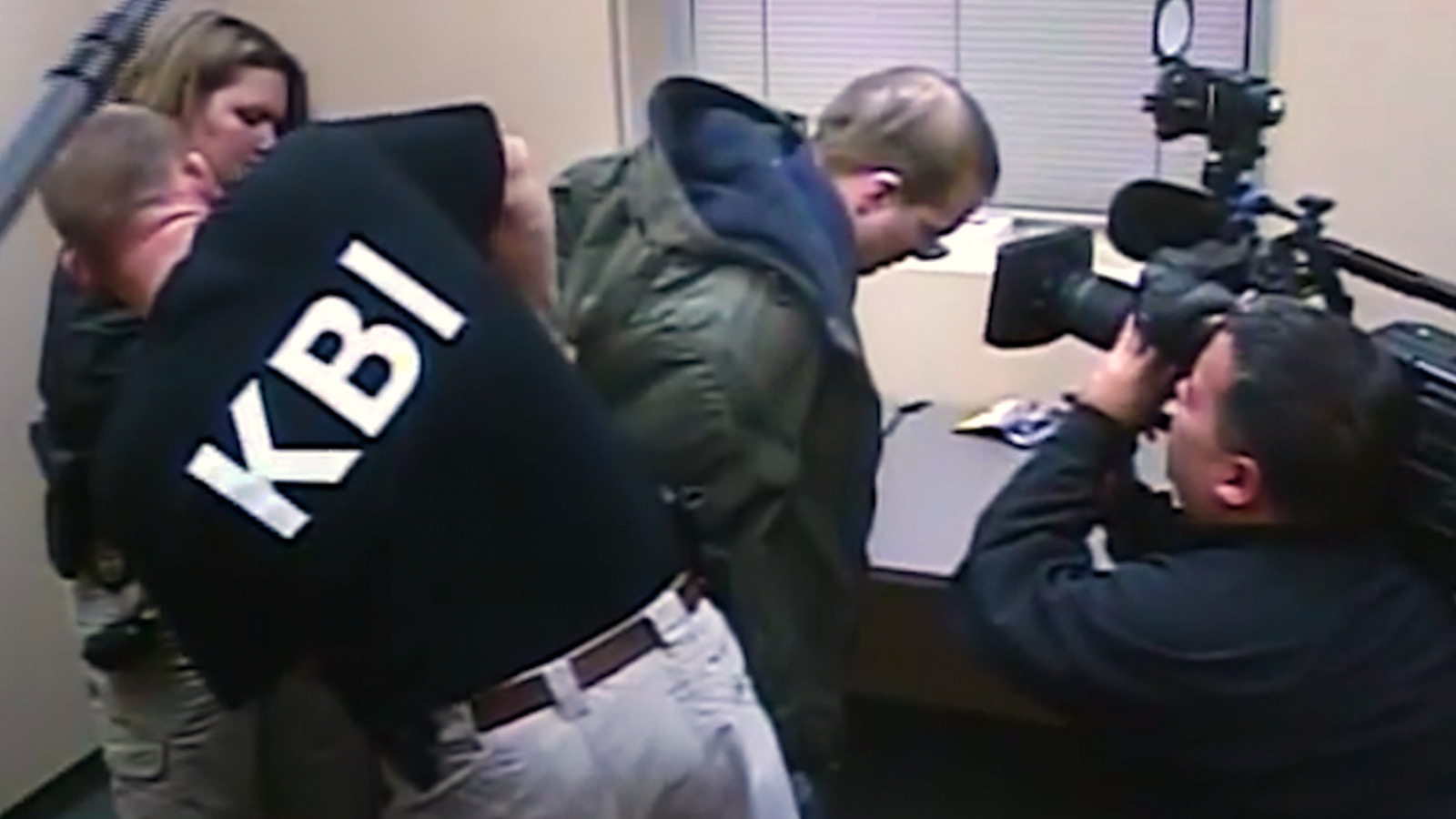
There’s a subgenre of documentary that’s gained steam recently which, to boil it down to its essence, looks back into our relatively recent pop culture past and asks the audience, “Hey, wasn’t this thing messed up?” Netflix’s “Trainwreck” series is perhaps the prime example (Remember the poop cruise? Remember when the mayor of Toronto was caught smoking crack? Remember balloon boy?), but there are others, whether they focus on the way the media and the public treated figures like Britney Spears and Pamela Anderson, or pull back the curtain regarding the decisions that went into making “The Biggest Loser.” There’s an undercurrent of superiority to many of these projects, and you can feel an almost gleeful finger-pointing from the filmmakers as they, with the benefit of hindsight, cast their judgement.
At first glance, the new documentary “Predators” might seem like it falls into this camp. The film, which premiered at this year’s Sundance Film Festival and is getting a limited theatrical rollout starting today, looks back on the phenomenon of “To Catch a Predator,” the TV show in which host Chris Hansen would burst in and confront adult men who have driven to a suburban house to try to have sex with who they think are underage children. (In actuality, the “children” were young adults hired by the show to pose as kids and have conversations with these men online and on the phone to lure them in.) Despite only airing a handful of episodes, the series became a phenomenon and was parodied on shows like “South Park,” and if you were channel surfing in the late aughts, reruns were seemingly inescapable.
“Predators,” which chronicles the show’s rise and fall and interviews several people involved with making it, doesn’t shy away from asking tough questions about its ethics. But rather than being a surface-level rebuke and blending in as just another “look back at these people” doc, this one uses “To Catch a Predator” as a launchpad for what it really wants to talk about.
Director, producer, and editor David Osit shines a light on the dark legacy of “To Catch a Predator,” pointing out the questionable legality of what was presented to audiences as open and shut cases. This documentary widens the aperture, and by doing so, gets more complicated than many audiences are probably comfortable with, because it subtly turns the spotlight on the audience. “To Catch a Predator” audiences got the dopamine hit of seeing Chris Hansen “catch” the bad guy, and when the episode was over, they moved on with their day. But what happened to these men after they’d been caught on national television? Shouldn’t we, as a society, hope for their rehabilitation? That becomes a tricky subject for a lot of people — reasonably so, considering we’re talking about pedophiles here. But without excusing or hand-waving away their behavior, “Predators” asks a bold question: Are these people deserving of any shred of humanity, or is casting them into the abyss and never thinking about them again the only thing our society is willing to do?
While we’re at it, why would we be interested in watching a show like “To Catch a Predator” in the first place? The true crime genre is beloved by many (myself included, to a degree), but this doc basically argues that the genre turns pain and suffering into entertainment, and asks us what we get out of engaging with that type of content. And if we’re watching because we enjoy the sense of justice that’s provided at the end of an episode when the bad guys are arrested, “Predators” points out that many of these cases aren’t actually prosecutable because Hansen and his crew aren’t cops, and the confessions the men might make to them on camera aren’t official confessions like the ones that would be accepted in court after a suspect is read their Miranda rights. Again, real life is much more complicated than it seems on TV, and the doc doesn’t patronize viewers by offering any easy solutions.
It’s a lot to juggle and an incredibly fine line to walk, but Osit manages to pull it off, and the result is a thorny, fascinating, surprisingly personal look at the dark side of rogue justice and the legacy of “To Catch a Predator.” “Predators,” which is easily one of the best documentaries of 2025, is currently in theaters in New York City, and will be expanding to more cities in the coming weeks.



